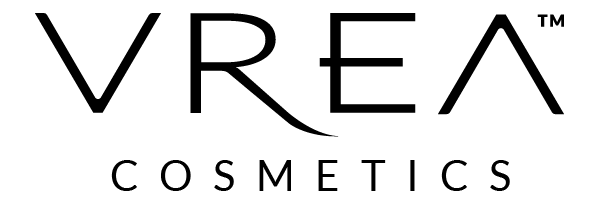Skin is the body’s largest organ and it’s mainly made up of three (3) layers:
The Epidermis (the outer thin layer).
The Dermis (the thick middle layer).
The Subcutaneous fatty layer.
The Epidermis has its own 5 layers, but its the upper one (the stratum corneum), the one acting as a skin barrier and the body’s first line of defense.
The skin barrier protects us from:
- UV rays.
- Pollution.
- Irritation, inflammation and infection.
- Toxins.
- It also regulates water loss. Without it, the water inside the body would evaporate, leaving us completely dehydrated.
Causes for skin barrier damage include:
- An overly dry or humid environment.
- Hot or cold weather.
- Too much sun exposure.
- Allergens, irritants, and pollutants.
- Smoking.
- Overly hot baths or showers.
- Harsh soaps or detergents.
- Excessive washing or exfoliating.
- Certain medications (i.e. steroids).
- Family history of skin conditions.
- Mental or physical stress.
- Lack of sleep.
- Aging
Symptoms of skin barrier damage can include:
- Dry, scaly or itchy skin.
- Lack of elasticity.
- Premature wrinkles.
- Acne.
- Roughness or skin discoloration.
- Sensitive or inflamed areas.
- Water loss.
- Visible bacterial, viral, or fungal skin infections.
How to protect your skin barrier:
- Use gentle soaps or cleansers. Ideally close to skin’s pH (~ 5.5). During the cooler months, is also best to reach for cream-based cleansers, since they're usually the more gentle.
- Pat skin dry, never rub. And ideally apply your Hyaluronic Acid serum while skin is still lightly damp. This helps with better product penetration and locking in the water content into the skin.
- Moisturize daily; moisturizers hold water in your skin barrier and the best ones will have a combination of emollients (i.e. dimethicone, grape seed and jojoba oils, shea butter, mineral oil and petroleum jelly) and humectants (Hyaluronic Acid, Glycerin, Panthenol, Urea, etc.).
- Cut down on products containing natural and/or synthetic fragrances / essential oils.
- Don’t overdo it with the active ingredients, or anti-acne treatments. Try keeping it to one active ingredient in the evening (like retinol for example) and one active in the AM (like Vitamin C).
- Be gentle. Don’t tug or pull at the skin.
- Avoid too much sun and always wear sunscreen. Daily. Rain or shine, indoors or outside.
- Look for ingredients like Ceramides, Hyaluronic Acid, Niacinamide and Squalene.
- Manage stress. Check out Alexandra's "STRESS HACKS" podcast episode with mind-blowing tips that will effectively help you control stress episodes. Hint: it's not what we've been conditioned to do.
- Applying an oil high in linoleic acid at the end of your skincare routine to lock in everything, will be very helpful. Oils like Argan and Grapeseed will feel lovely and even work on acne prone skin.
- Skip any abrasive scrubs or products with exfoliating actives when the skin feels a little sensitive and if you’re experiencing persisting inflammation, check in with a board-certified dermatologist.
The VREA Cosmetics biodegradable eye masks are formulated using three (3) different molecular weights of Hyaluronic acid. They work across all layers of the skin to provide hydration.
High molecular weight fraction has a range of ~ 1500 kDa to ~ 2000 kDa and is primarily used to hydrate the skin, repair barrier function, firm, lift, soothe and moisturize skin.
Mid-molecular weight fraction (range of ~ 300 kDa to ~ 500 kDa) penetrates deeper into the stratum corneum, stimulates corneocyte differentiation and protection of skin’s Natural Moisturizing Factor (NMF), making it the ideal ingredient to restore moisture and aid against inflammation and irritation (both natural and introduced). Helps heal sensitive, dry and damaged skin.
Low-molecular weight fraction ( ~ 12 kDa to ~ 15 kDa) penetrates deeper into the epidermis, upper layer of the dermis and into the narrow extracellular space between the stratified keratinocytes layers to induce production of native HA while aiding in proliferation of the keratinocytes.

